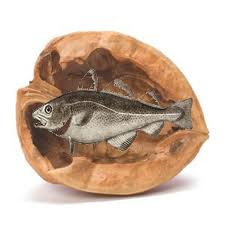Rain gardens are now a common sight in many cities, but finding the right mix of plants to include in a rain garden can be challenging. For the people whose homes or businesses they occupy, the plants’ attractiveness is usually a priority. In some areas, you need to make sure the plants can withstand dry spells; you don’t want to end up irrigating your rain garden.![hlw3d[1]](http://purewatergazette.net/blog/wp-content/uploads/2013/04/hlw3d1.jpg)
It’s been suggested that rain gardens be used to grow vegetables, and at first glance this seems to be a good two-birds-with-one-stone solution: growing something useful with a resource we’ve saved from going down the drain. But some have raised an alarm about the dangers of eating what we’ve irrigated with urban stormwater. One purpose of a rain garden or bioswale, after all, is to help filter pollutants from runoff; in high-traffic urban areas, pollutants might become concentrated in the soil, and plants uptake many of them, so do we really want to eat what grows there?
Yes, some Australian researchers say, we do. An ongoing experiment at the University of Melbourne is using roof runoff to irrigate two rain gardens planted with vegetables. Two conventional vegetable gardens—irrigated from the public water supply—are located nearby, and all four are heavily monitored.
In fact, the researchers say, nutrients that commonly enter runoff from landscape fertilization are actually beneficial to the plants. And other pollutants like metals haven’t been a problem so far; according to one researcher, “The filter layers in the rain garden are also doing their work by preventing heavy metals from urban water runoff entering our waterways, while also remaining at safe levels in plants. In contrast we revealed that crops irrigated by tap water actually contained higher levels of copper due to the pipes used.”
Granted, the Melbourne experiment is using roof runoff rather than street runoff as the source of irrigation. But it’s this type of experiment—rather than speculation or guesswork—that we need to see more of.
Source: Stormwater.





![what-is-a-rain-garden[1]](http://purewatergazette.net/blog/wp-content/uploads/2013/04/what-is-a-rain-garden1-300x194.jpg)
